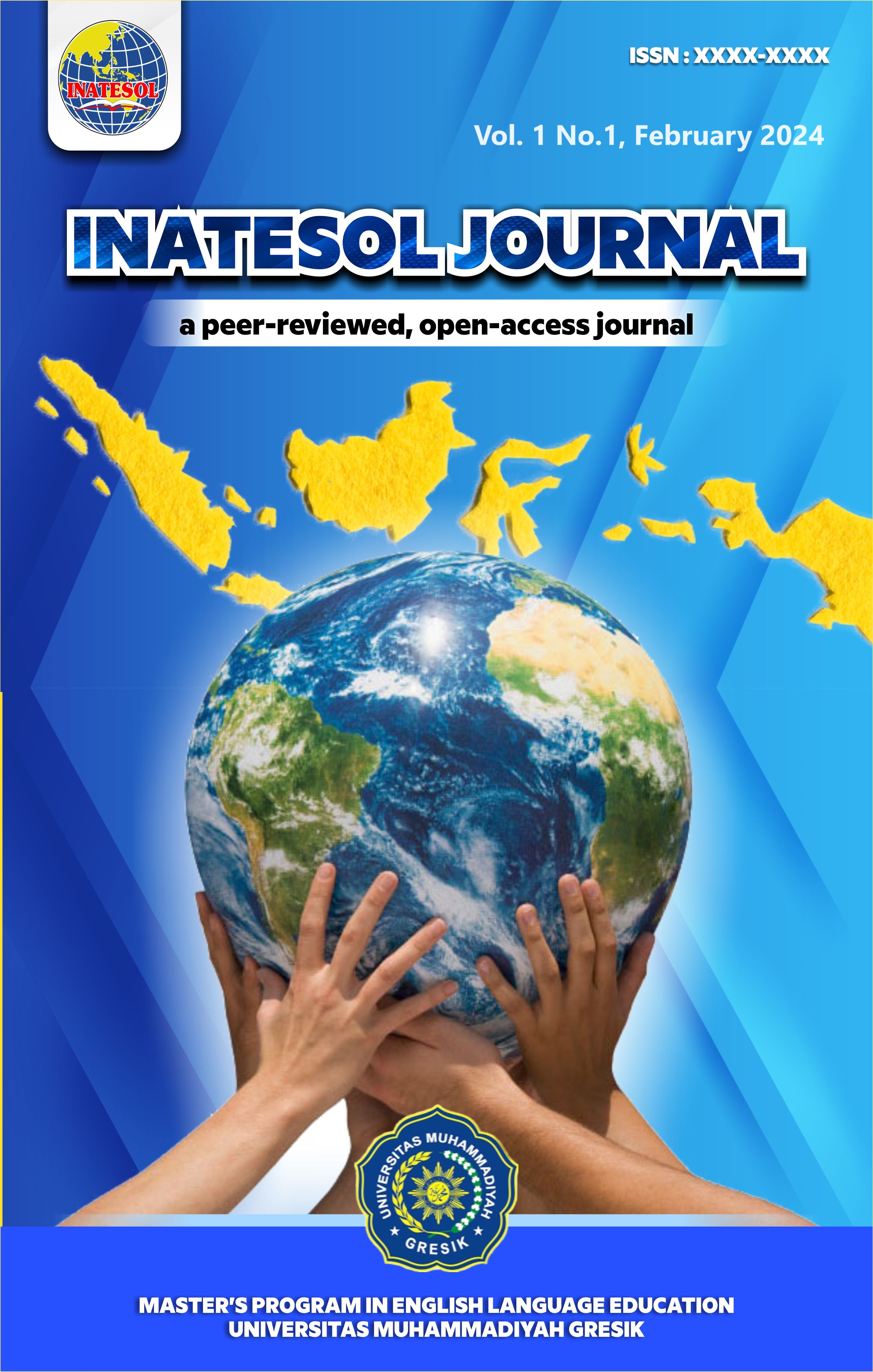Measuring the Impact of Gamification on Motivation and English Language Learning Outcomes: A Case Study
Abstract
This study investigates the impact of gamification on motivation levels, vocabulary acquisition, and speaking skills in English language learning. Employing a quantitative pre-experimental design, the research engaged 21 high school students. Mean scores were calculated for baseline assessments and post-intervention evaluations, providing a comprehensive understanding of participants' initial proficiency and the observed enhancements. Results revealed a substantial increase in motivation levels post-gamification intervention, with a mean score rising from 3.8 to 4.7. This noteworthy improvement underscores the positive influence of gamification on participants' overall engagement. Similarly, vocabulary acquisition exhibited significant progress, as reflected in the increase from a baseline mean score of 4.2 to 5.2 post-intervention. The findings suggest the potential efficacy of gamification in fostering enhanced vocabulary acquisition among learners. Speaking skills also demonstrated notable advancement, with a baseline mean score of 3.9 rising to 4.9 post-intervention. These improvements collectively highlight the positive impact of the gamification strategy on specific learning outcomes, particularly in enhancing participants' speaking skills. This study contributes valuable insights to the field of English language education, offering evidence of the benefits of gamification in enhancing motivation and language learning outcomes. The findings can inform educators, curriculum designers, and policymakers in optimizing instructional approaches, creating dynamic and engaging learning environments to facilitate improved language proficiency among students.
Downloads
Authors who publish with this journal agree to the following terms:
- Authors retain copyright and grant the journal right of first publication with the work simultaneously licensed under a Creative Commons Attribution License that allows others to share the work with an acknowledgement of the work's authorship and initial publication in this journal.
- Authors are able to enter into separate, additional contractual arrangements for the non-exclusive distribution of the journal's published version of the work (e.g., post it to an institutional repository or publish it in a book), with an acknowledgement of its initial publication in this journal.
Authors are permitted and encouraged to post their work online (e.g., in institutional repositories or on their website) prior to and during the submission process, as it can lead to productive exchanges, as well as earlier and greater citation of published work (See The Effect of Open Access).


.png)


_3.png)
_2.png)




